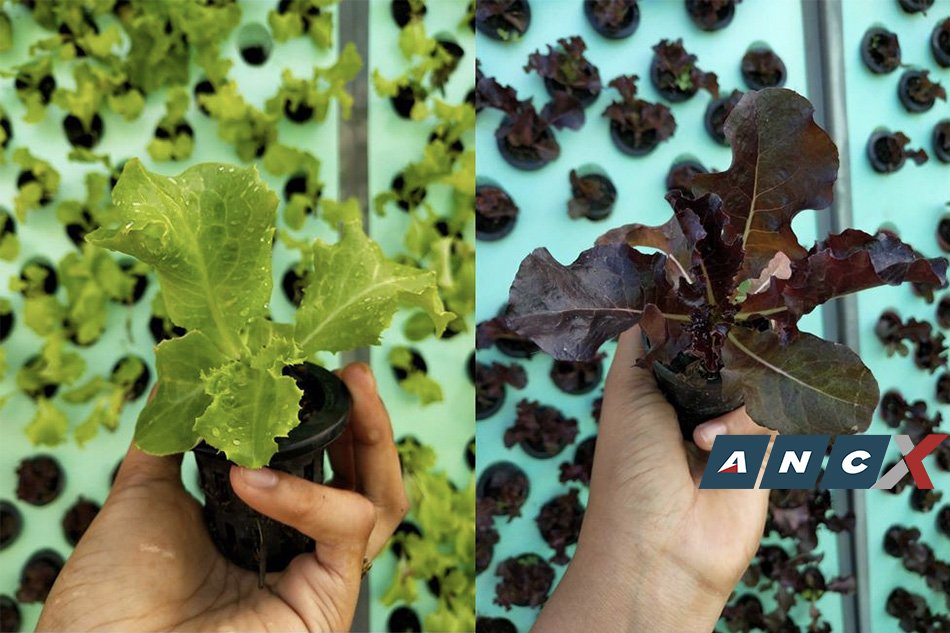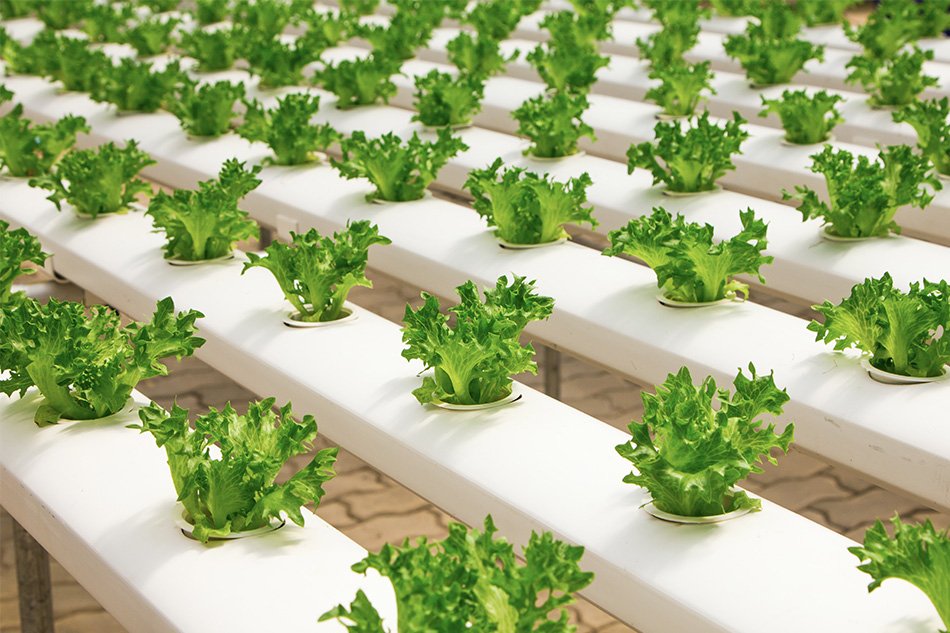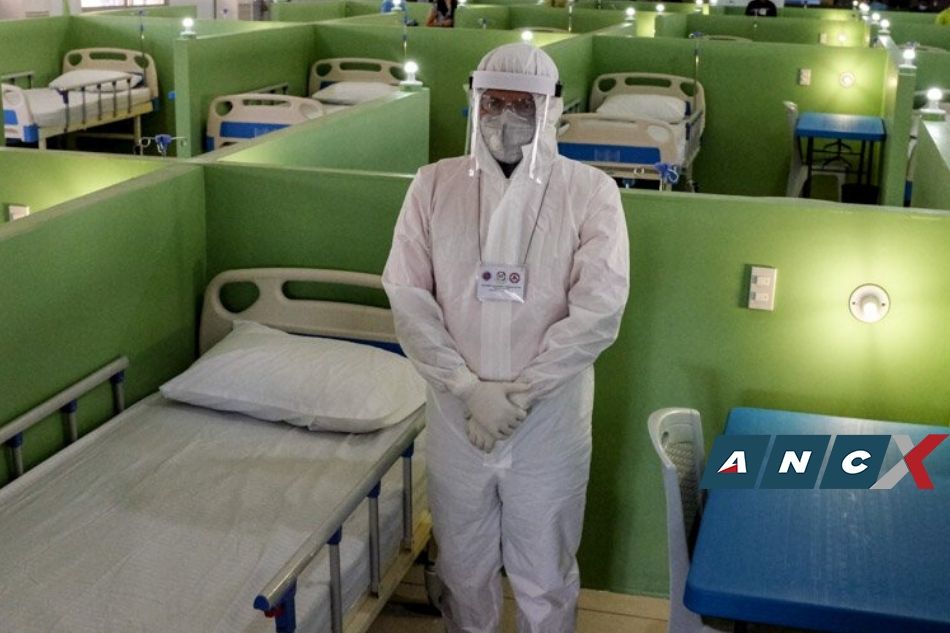 How rED aims to roll out hydroponic farming in schools is by aiding them with hydroponic boxes and supplies of mineral solution.
How rED aims to roll out hydroponic farming in schools is by aiding them with hydroponic boxes and supplies of mineral solution.
Over the next two months, Delbros Group and Good Greens + Co. will donate 20 to 30 hydroponic boxes to select schools which have the capacity to grow 168 lettuces, per school, every 45 days.
Most schools don’t teach you how to grow your own food. Home Economics classes tend to stop at the cooking-your-own-food part, which is only one aspect of self-sufficiency. On top of that, farming is mostly perceived as unskilled labor, which is why it isn’t given as much scholarly or academic attention as other perhaps more commercially viable fields or skills. If we are to change things and put a premium on skills like gardening, growing food, and understanding agriculture, we’ll have to engage the education system.
That brings us to Renovate to Education (rED), the education arm of Delbros group. For over a decade, rED has aided numerous schools through multiple projects which take cues from Gulayan sa Paaralan, a government strategy that aims to promote food sustainability and vegetable production in education establishments. To date, rED has planted over 3,500 trees and vegetables in schools all over the country.
What rED is trying to do now is much more ambitious: it aims to introduce urban agriculture to schools through hydroponic farming.
To put it simply, hydroponic farming is basically farming without soil. Here, the roots of the plants make contact with a nutrient-rich solution and are held in hydroponic boxes. This is a method of farming that doesn’t need acres of land, which makes it perfect for urban environments—which includes city schools.
 For over a decade, rED has aided numerous schools through multiple projects which take cues from Gulayan sa Paaralan, a government strategy that aims to promote food sustainability and vegetable production in education establishments. Photo by Jatuphon Buraphon on Pexels
For over a decade, rED has aided numerous schools through multiple projects which take cues from Gulayan sa Paaralan, a government strategy that aims to promote food sustainability and vegetable production in education establishments. Photo by Jatuphon Buraphon on Pexels
How rED aims to roll out hydroponic farming in schools is by aiding them with hydroponic boxes and supplies of mineral solution. Potential partners will also be given the option to donate hydroponic systems to different schools. Over the next two months, Delbros Group and Good Greens + Co. will donate 20-30 hydroponic boxes to select schools which have the capacity to grow 168 lettuces, per school, every 45 days.
This impassioned endorsement for food sustainability may have always been a vocation for Delbros, but these hydroponic farming-related efforts are kind of a response to the new normal we are facing in the wake of this pandemic. This is an initiative that is mindful of the way things are changing. We are seeing an emphasis on the importance of food deliveries, limited movement in the city, people not going to restaurants anymore, and the way everybody’s paying more attention to health.
Agriculture, sustainability, and learning self-sufficiency also all play into the way we’re thinking of survival. Imagine: instead of seeing survival as merely the act of hoarding resources, how about we teach future generations to deepen their relationship with the environment, and teach them to feed themselves in the process? Fittingly, rED also aims to roll out online hydroponic farming tutorials and a webinar series for teachers, who for sure are struggling to find productive ways to attend to their students in this pandemic.
Initiatives like these breathe new life into many questions that may have taken on more significance, but were already important pre-pandemic. How do we ensure that these grown foods are properly distributed? How do we generate interest in this kind of farming when this country sees its farmers constantly mistreated? What are other ways we can more deeply integrate agriculture into school curriculums, aside from just introducing the right equipment? Perhaps these questions will become easier to answer in the days to come, as we get used to this new normal.
 A view inside a converted COVID facility in Manila. The city is still third in terms of highest number of cases in the country. George Calvelo, ABS-CBN News
A view inside a converted COVID facility in Manila. The city is still third in terms of highest number of cases in the country. George Calvelo, ABS-CBN News









